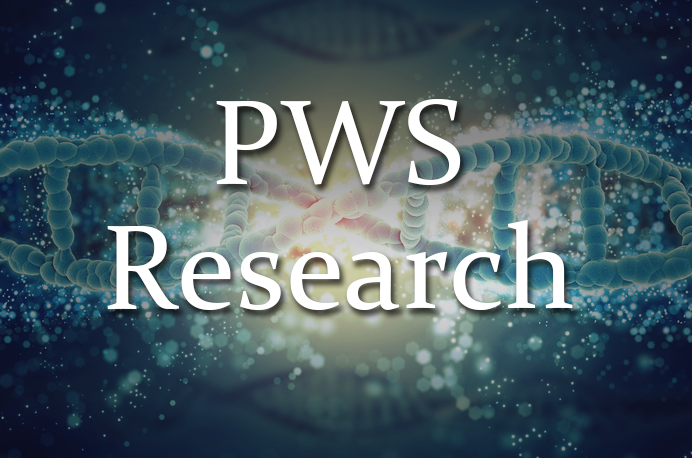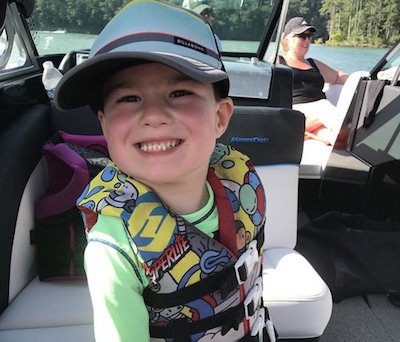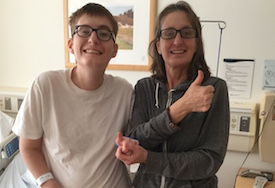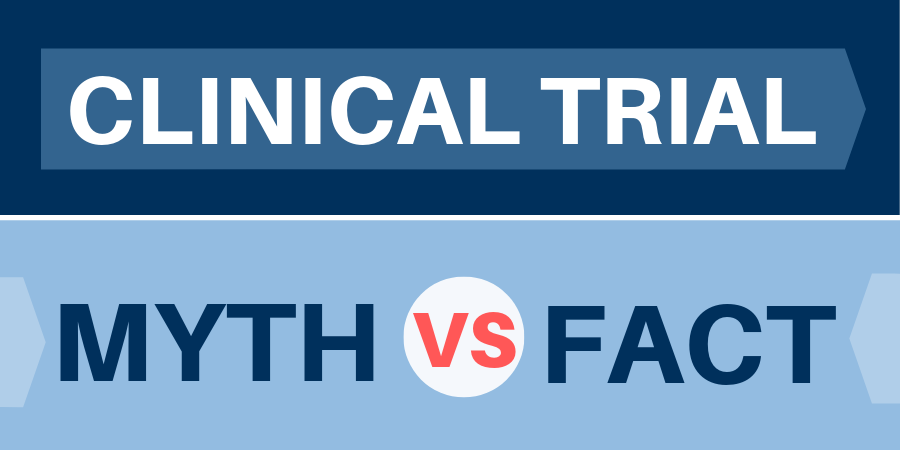Topics: Research
Based on the review of data from more than 50% of patients enrolled, the Data Safety Monitoring Board has recommended continuing a phase III clinical trial of DCCR for PWS. The trial, called DESTINY PWS, is a randomized, double-blind, placebo-control...
Drug development is a long and costly process that can take up to 15 years and cost up to one billion dollars! In this 7-minute video, Dr. Theresa Strong discusses the stages of PWS Drug Development. Don't have time for the full presentation? We've c...
Topics: Research
A special contribution by Amanda Dunn, Host of HopeFull: Funding a Cure for Prader-Willi Syndrome, Cincinnati, OH For our 5-year-old son Aaron, it all starts with a hug. Not just any hug. He has a signature, enthusiastic hug. It’s clear just how capa...
Topics: Stories of Hope
In 2015 FPWR co-funded a phase 2 study to investigate diazoxide choline controlled-release in patients with PWS. Results from the study were recently published in PLoS ONE and are summarized below.
Topics: Research
In a phase 2a study involving 18 patients with PWS (9 adults, and 9 adolescents) Tesomet reduced body weight and improved BMI and reduced hyperphagia to very low levels. Tesomet appears to be highly efficacious in adult and adolescent patients and wa...
Topics: News
The Foundation for Prader-Willi Research and the Prader-Willi Research Foundation Australia are jointly supporting a new research project, led by Dr. Nora Shields of La Trobe University, evaluating the effects of exercise training in individuals with...
Treatments for Prader-Willi syndrome are urgently needed. Today, we are closer than ever to the treatments for which we have been waiting, but we need all hands on deck to ensure our efforts can take us to the finish line. Here's why.
Topics: News
The National Center for Health Statistics has designated a specific ICD-10 code for Prader-Willi syndrome (PWS). Previously PWS was included as one of number of genetic disorders ICD-10-CM code Q87.1, which contains a large group of genetic disorders...
Nearly 500 people with PWS are needed this year to fill PWS specific clinical trials. These trials are incredibly important to the PWS community and are necessary in order to bring treatments for some of the most challenging aspects of PWS. Here, we ...














